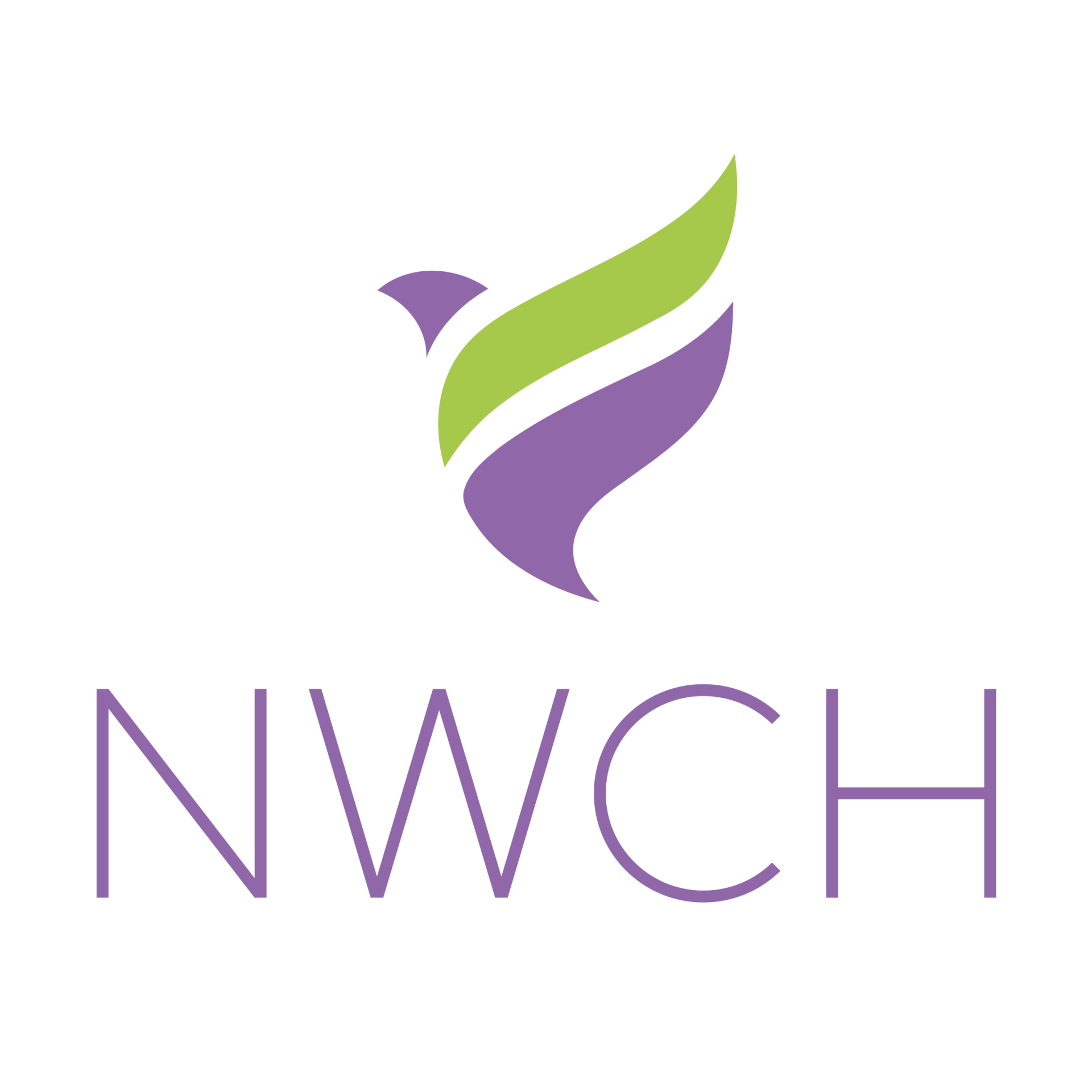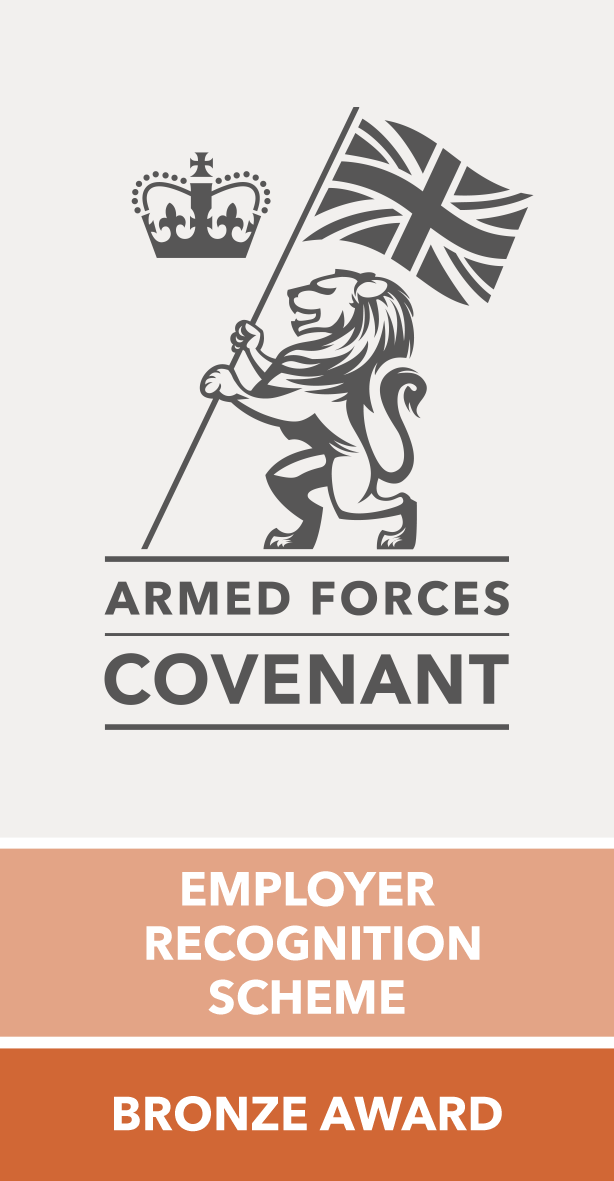SEXUAL ABUSE
SIGNS & SUPPORT
Sexual abuse is any situation in which a person is forced to participate in unwanted, unsafe or degrading sexual activity, including a partner with whom you are also having consensual sex. Examples of sexual abuse include:
● Rape
● Sexual assault
● Sexual assault using objects
● Forcing sex in a way that hurts, or following a physical assault
● Forcing a person to take part in sex with others or in front of others
● Forcing a person to watch or mimic pornography
● Unwanted or inappropriate touching
● Videoing or photographing a person without consent
● Revenge porn
● Sadistic sexual acts
● Forcing prostitution
● Making sex conditional on behaviour
● Forcing or coercing a person into acts they are not comfortable with
Rape & Sexual Assault
The terms rape and sexual assault are used to differentiate between two different offences. Sexual violence is a general term that is used to describe any kind of unwanted sexual act or activity. The legal definition of rape is 'penetration with a penis of the vagina, anus or mouth of another person without their consent'.
The legal definition of sexual assault by penetration is ‘penetration of another person's vagina or anus with any part of the body other than the penis, or with any object, without their consent’. This crime carries the same sentences as rape.
In law, sexual consent is when we agree by choice, and have the freedom and capacity to make that choice. A person must reasonably believe that another person consents. If a person is unsure they should check before continuing. No person should ever assume that you want to have sex with them because it has happened before or you usually say yes.
Consenting to a dance or kiss, going somewhere with another person or being still and quiet and not fighting the person off are not the same as consenting to sex. A person cannot give their consent when they are:
● Threatened or scared
● Bullied
● Very drunk or under the influence of drugs
● Asleep
Not all incidents of rape and sexual assault involve violence, cause physical injury or leave any marks, but all incidents can cause severe distress, emotional harm and injuries which cannot be seen.
Sexual or indecent assault is an act of physical, psychological or emotional violation in the form of a sexual act, inflicted without consent. Sometimes it can involve manipulating or forcing another person to participate or witness sexual acts.
The effects of rape and sexual assault vary but can include:
● Depression
● Flashbacks
● Post-traumatic stress disorder
● Self-harm
● Substance abuse
● Dissociation
● Panic attacks
● Eating disorders
● Sleep disorders
● Suicidal plans or suicidal thoughts
It is important to report sexual abuse as soon as you can, however, if you do not feel comfortable with this yet there are a number of ways to seek help.
● Lincolnshire Rape Crisis https://www.lincolnshirerapecrisis.org.uk/, call 0800 33 4 55 00 or email support@lincolnshirerapecrisis.org.uk
● Victim Support. https://www.victimsupport.org.uk/help-and-support/get-help/support-near-you/east-midlands/lincolnshire, call 01522 2947510 (8am - 4pm) or call the supportline on 08 08 16 89 111 or you can request support through their website 24/7 live chat
● Spring Lodge. https://www.lpft.nhs.uk/spring-lodge/home, call 01522 524402 or email lpft.springlodge@nhs.net
● EDAN Lincs https://edanlincs.org.uk/, call 01522 510041 or email info.secure@edanlincs.cjsm.net
We also have counsellors who specialise in working with those affected by sexual abuse. Click here/call us.
Sometimes an individual might not believe they are being sexually abused or exploited. With the more recent emergence of revenge porn and pornography becoming readily available online - people are becoming more exposed to graphic sexual acts and sometimes violence. It is important to understand that any sexual act, without consent, is sexual abuse. Even when in consensual relationships.
Revenge Porn
Revenge porn is a relatively new issue, which has increased significantly as technology continues to advance. Revenge porn is when a person shares explicit or sexual images or videos without the consent of the person in them. This can be an issue in people of all ages.
Revenge porn usually occurs when a relationship ends and an individual shares explicit images online or shares with others through texts, emails or social media as a means of revenge on the ex-partner. These images are incredibly personal and are usually only intended for the recipient. When these images are shared with others, that person loses control of who can view the images or videos. This can lead to feelings of humiliation, loss of control, anxiety and depression. It can also lead to trust issues for future relationships.
Sexual Abuse & Children
When a child is forced or tricked into engaging in any sexual activity, this is sexual abuse. There are 2 types of sexual abuse, contact and non-contact and it can happen in person or online. Children do not always understand that what is happening is wrong, or that it is abuse and are often afraid to tell anyone.
Contact abuse is when an abuser makes physical contact with a child and can include:
● Sexual touching of any part of a child’s body, with or without clothes
● Kissing, touching or oral sex
● Using a body part or object to rape or penetrate a child
● Forcing a child to take part in sexual activities
● Making a child undress or touch someone else
Non-contact abuse is where the child is abused without physical contact. It can include:
● Being shown pornography
● Exposing or flashing
● Exposing a child to sexual acts
● Forcing them to masturbate
● Forcing a child to view, make or share child abuse images or videos
Forcing a child to take part in conversations or sexual activities online or over the phone
When a child is sexually abused, they may not understand what is happening to them, and therefore not disclose to an adult or anyone else. There are some signs of sexual abuse to look out for including:
● Being frightened or people/person they know
● Avoiding being alone with people/person
● Using language or sexual behaviour you wouldn’t expect them to know
● Night-terrors or bedwetting
● Alcohol or drug misuse
● Self-harming
● Developing eating problems or changes to their eating habits
● Mood swings, feeling irritable or angry
Some physical signs of sexual abuse can include bruises, bleeding, discharge or pains in their genital or anal area, sexually transmitted infections, urinary tract infections or pregnancy.
If a child is being abused online, they might:
● Be spending more or less time than normal online, gaming, texting or using social media
● Become distant, angry or upset after using the internet
● Be secretive about who they are talking do or what they are doing online
● Have a lot of phone numbers, texts or email addresses on their phone, laptop or tablet
Sometimes a child might drop hints about abuse, if you are worried it might be a good idea to talk to your child. Starting a difficult conversation like this can be difficult. It is important to find the right time to talk. Avoid evenings, as children are likely to be tired at that time of day. If possible try and have the conversation when siblings are not around to interrupt. Try to pick a neutral, relaxed place so that the child feels at ease. Try not to be too forceful to avoid making the child feel scared or worried.
Effects of Domestic Abuse
There are books designed to help you to talk about difficult subjects with children. They can make a great starting point. Once you have read a story together you could gently begin to ask questions. You can also refer to the NSPCC Pants campaign https://www.nspcc.org.uk/keeping-children-safe/support-for-parents/pants-underwear-rule/. Books that may help are:
● How to talk so kids will listen and listen so kids will talk by Adele Faber and Elaine Mazlish
● The Parenttalk guide to your child and sex by Steve Chalke
● The huge bag of worries by Virginia Ironside and Frank Rodgers
● How to talk so teens will listen and listen so teens will talk by Adele aber, Elaine Mazlish & Kimberly Ann Coe
● What are they thinking?!: the straight facts about the risk-taking, social-networking, still-developing teen brain by Aaron M. White
The important thing is not to give up if it doesn’t go well the first time. Gently keep trying to talk about the subject with your child, or let them know there are other trusted sources out there, including childline (0800 1111). If your child is displaying unusual behaviour, you could consider counselling. Having another person to trust outside of the family might help the child to feel comfortable enough to open up about sexual abuse.
The effects of sexual abuse can last a significantly long time. There are both short and long term effects including:
● Depression & anxiety
● Eating disorders
● Post-traumatic stress
● Difficulty coping with stress
● Self-harm
● Suicidal plans or suicidal thoughts
● Pregnancy
● Feelings of guilt and shame
● Drug and alcohol abuse
● Relationship problems with family, friends and future partners
We have counsellors who have the experience and knowledge to help support children following sexual abuse. The following agencies can also provide help and support:
● CHISVA - Castle Project Victim Support https://www.victimsupport.org.uk/crime-info/types-crime/childhood-abuse
● IDVA - Edan Lincs https://edanlincs.org.uk/services/idva/
● NSPCC https://www.nspcc.org.uk/what-is-child-abuse/
CAN YOU HELP SUPPORT THE HUB?
We Give our Best Each and Every Time!
- Every client is treated with respect
- Everyone is offered a hot drink and warm welcome
- From your first contact to your last session you are cared for
- We do our best to make sure you are leaving us more confident
We Give Hope Where There is None!
- No waiting list (unless funded then only 4 weeks)
- We don't turn anyone away
- We are often people's 'last chance'
- We properly 'listen' to our clients needs
We Save Lives!
- Fully qualified counsellors (we don't use trainees)
- 'Out of the box' counselling
- Funded sessions
- Every team member is amazingly friendly & respectful

Slide title
I don’t think I could recommend NWCH enough! My counsellor is great, I feel understood and hopeful and never judged. Thank you!
Young person Accessing NWCH Counselling Service
Button
Slide title
My son is opening up to Wayne about all aspects of losing his Dad - happy memories and the painful truth that he won’t be coming back. Wayne has taught him to acknowledge the pain but also remember the many happy times. The counselling he has had with Wayne has been invaluable.
Mum of her young son Accessing NWCH Counselling Service
Button
Coming in for couples counselling, we were both nervous about how the session would work having not done anything like this before.
He listened to each of us and made it feel very light-hearted and easy. We were able to share our feelings and thoughts and Ian gently guided us to explain our views to help us see each other’s views and gave us things to think about for next week.
Couple Accessing NWCH Counselling Service
Button
Slide title
Personally, I was a very sceptical individual and initially attended as a good Will gesture to my family who had encouraged me to do so……. that being said I found myself to be able to talk to (let’s be honest, a stranger) about my life and its difficulties in an open and comfortable fashion……. don’t get me wrong I’m no soft touch! But I found it genuinely comforting to be able to do so! …. it makes me ask and look for answers from myself ….. rather than someone with a title telling me what’s wrong……,
Adult Accessing NWCH Counselling Service
Button
Slide title
The match of counsellor has meant my husband looks forward to his sessions & already is feeling happier & we as a family are seeing a difference. It is detail like this that makes asking for help via the NW Counselling Hub stand out – plus the reassurance all counsellors are qualified.
We cannot recommend the NW Counselling Hub enough and thank them for all they are doing for our family.
Adult Accessing NWCH Counselling Service
Button
Slide title
“We want to support our team when ‘life happens’. We asked NWCH to be our ‘go to’ support service for counselling and emotional support to help members of our team, if they need it, get them through some difficult personal issues such as bereavement and anxiety. The team at the hub are incredibly supportive and have provided a lifeline to our team”
Lincoln Employer referring employees to NWCH Counselling Service.
Button
Slide title
“NWCH have been providing counselling services to our employees for a few years now and I can honestly say that they have made a significant difference to many of their lives.
We are a company that believes in investing in our staff, and it is great to see when that investment is so profound and has such a positive impact, especially when it comes to people’s wellbeing.
Thank you NWCH, for enabling us to offer our teams such fantastic support and help to feel better when they face challenging times.”
HR Manager at Micronclean Ltd
Button

OFFICE
NW Counselling Hub CIC
Cromwell House
Crusader Road, off Tritton Road, Lincoln, LN6 7YT
CONTACT INFO









